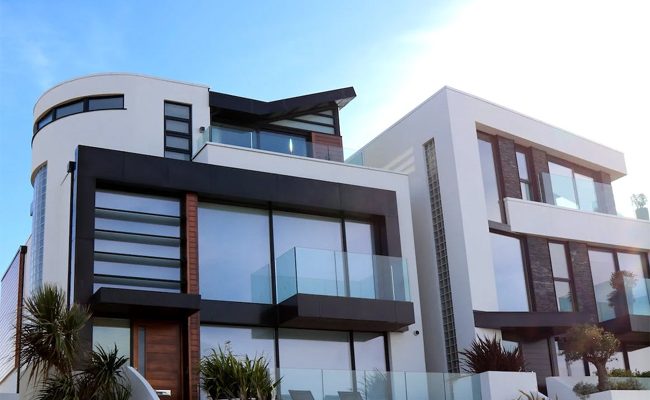
There comes a time when your house fails to meet your needs or desires in life. Your life circumstances might have changed, and suddenly the home feels cramped. Or, you might need a more contemporary space, but your current house is outdated. If you’re unhappy with your home, selling it and purchasing a new one likely crosses your mind.
Renovating your home instead of relocating is also an option. What’s the better choice? There’s no right or wrong answer to whether buying or renovating is right. However, it’s essential to consider several factors to make an informed decision. In this article, we’ll provide some points to ponder so you can make the right move and either stay and renovate or buy a custom home.
What to know about building a custom home
Given the hot market, now is an opportune time to sell, and if you can find a good deal, you’ll have extra cash on hand. This additional money can be invested in tailoring the new house to suit your preferences.
The location might also influence your decision. If your circumstances change and your current location is no longer suitable, buying in a more fitting area becomes the sole option, rendering renovations ineffective.
Purchasing a custom home is a challenging task. It can be time-consuming to design the perfect property, and the process can be costly. However, once you find the right custom home builders, such as Acreage Home Builders Calgary, you can develop the home you’ve been dreaming of.
When considering a custom-built home, it’s essential to factor in the cost of land, construction, permits, and design fees. You should also account for the time it takes to complete the project, as building a custom home can take anywhere from several months to a few years, depending on various factors such as the complexity of the design, weather conditions, and contractor availability.
What to know about renovating
Generally, remodeling is more cost-effective than acquiring a new property. Typically, you’ll spend tens of thousands to transform your home based on the nature of your project. The upside of renovation is that it increases your home’s value, potentially offsetting the costs if you eventually sell.
Your renovation approach will depend on your goals and needs. Sometimes, you only need new flooring and updated appliances to feel happy enough. In other cases, you might opt for an open-concept space by removing walls or expanding the home with an addition.
Try to visualize your ideal house if you were to buy, and determine if you can achieve that vision by renovating your current home rather than purchasing a new one. Consulting with an architect or interior designer can help you flesh out your ideas to get a better visual of the possibilities.
Next, establish a budget for your envisioned project. If you have sufficient equity, you can proceed as desired. Otherwise, consider some of the many available financing options your bank offers.
Leave a Reply